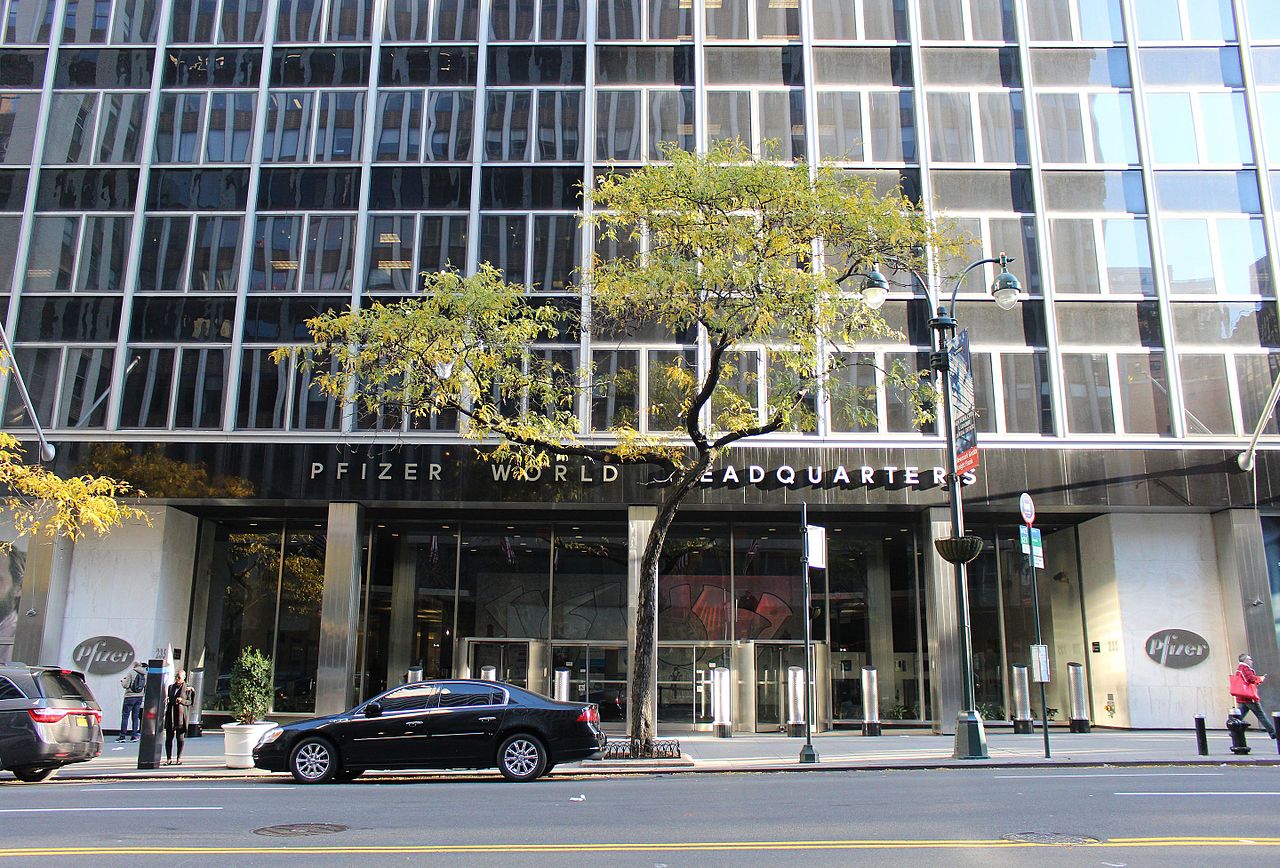
Pfizer has announced positive top-line results from the Phase III JADE REGIMEN study of abrocitinib in patients aged 12 and above with moderate to severe atopic dermatitis (AD).
Abrocitinib is an investigational oral once-daily Janus kinase 1 (JAK1) inhibitor.

Discover B2B Marketing That Performs
Combine business intelligence and editorial excellence to reach engaged professionals across 36 leading media platforms.
The randomised, responder-enriched, double-blind, placebo-controlled, withdrawal trial enrolled 1,233 subjects across the world.
The 52-week study had a 12-week open-label run-in period to analyse responder status to an initial induction treatment with a once-daily 200mg dose of abrocitinib.
Participants with a positive clinical response to induction treatment entered a 40-week, double-blind, maintenance treatment where they were randomly given placebo or abrocitinib 100mg or 200mg once daily.
During the blinded treatment period, participants meeting the protocol definition of flare entered an open-label rescue period.

US Tariffs are shifting - will you react or anticipate?
Don’t let policy changes catch you off guard. Stay proactive with real-time data and expert analysis.
By GlobalDataThey were given abrocitinib 200mg once-daily along with topical therapy per local standard of care for 12 weeks.
Both doses of abrocitinib met the primary endpoint of the trial showing that less patients experienced a loss of response requiring rescue treatment or flaring as compared to placebo arm.
Furthermore, both doses met the trial’s key secondary endpoint showing patients maintained an Investigator’s Global Assessment (IGA) response of clear or almost clear over placebo.
Pfizer Global Product Development Inflammation & Immunology chief development officer Michael Corbo said: “Atopic dermatitis brings a lot of uncertainty and disruption to daily life, and the unpredictability of flares can make treating and managing the disease complex and frustrating.
“These latest results from our Phase III clinical trial programme shed light on the potential abrocitinib, if approved, could have to prevent troublesome flares in patients.”
No new safety signals were noted during the trial.





